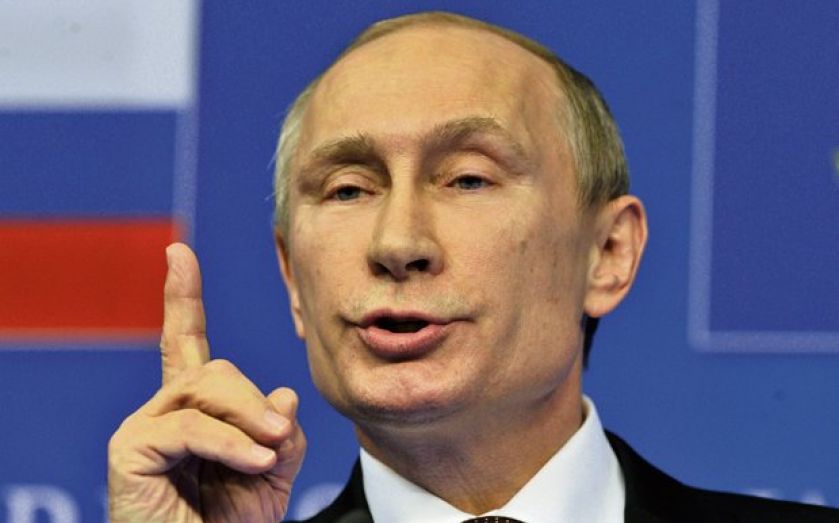Bottom Line: Kiev is the key to Putin’s power

IT’S NOT just about the Crimea. Attention has naturally turned to Russia’s immediate strategic interest in Sevastopol. But the assumption that this marks the limit of Vladimir Putin’s ambition is a dangerous miscalculation.
Putin’s trademark brand of Russian nationalism makes control of Kiev non-negotiable. Without it he is just another thug. But for deep cultural and historical reasons, with Kiev behind him he can pose as the leader of a proud and ancient civilisation.
It begins in the ninth century, with the birth of Kievan Rus, a federated kingdom seen as the point of cultural origin for Russia, Ukraine and Belarus. In 882, Kiev was declared the “mother of Rus”. Then, in 988, Grand Prince Vladimir announced in Kiev that his kingdom was no longer pagan, but Christian. Putin has called it the beginning of a strong, centrally-run Russian state – with the tsars of Moscow and their modern successors claimed as its legitimate heirs.
He really means it. Last summer, the 21st century’s would-be prince Vladimir went back to Kiev’s ancient Pechersk monastery, to mark the anniversary of Rus’s conversion. His words were stark. “We are all spiritual heirs of what happened here 1,025 years ago… we are, without a doubt, one people.”
Kiev is the keystone of Putin’s orthodox nationalism. He cannot let it slip away any more than Americans could accept Boston suddenly falling under Moscow’s sphere of influence.
There’s an old Russian saying: your tongue will take you to Kiev. But if he needs to, Putin won’t be above using tanks to get there.